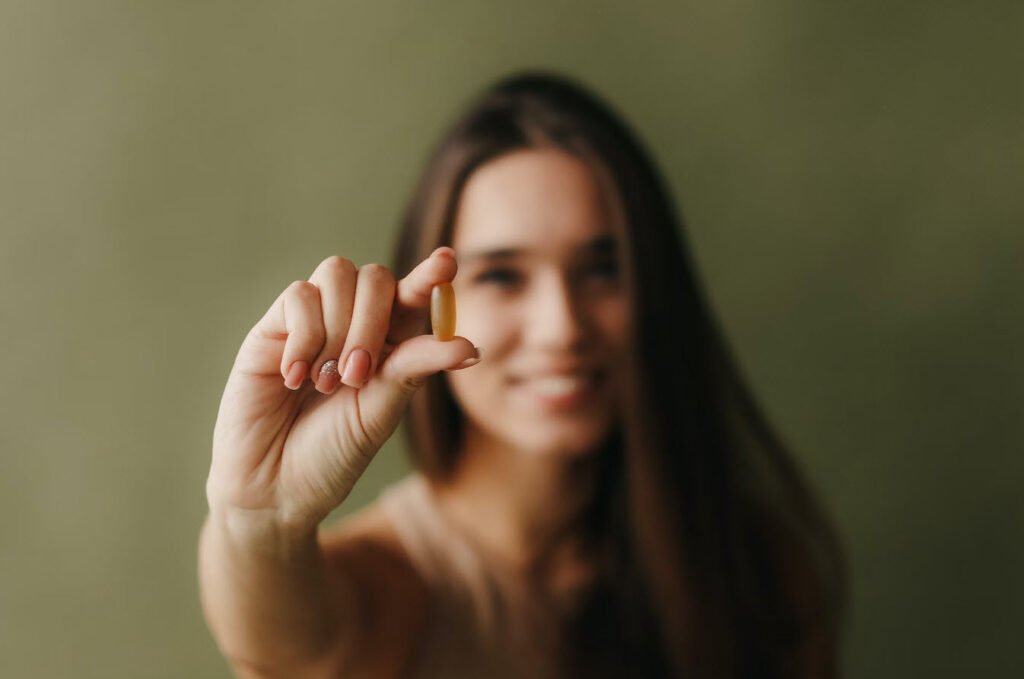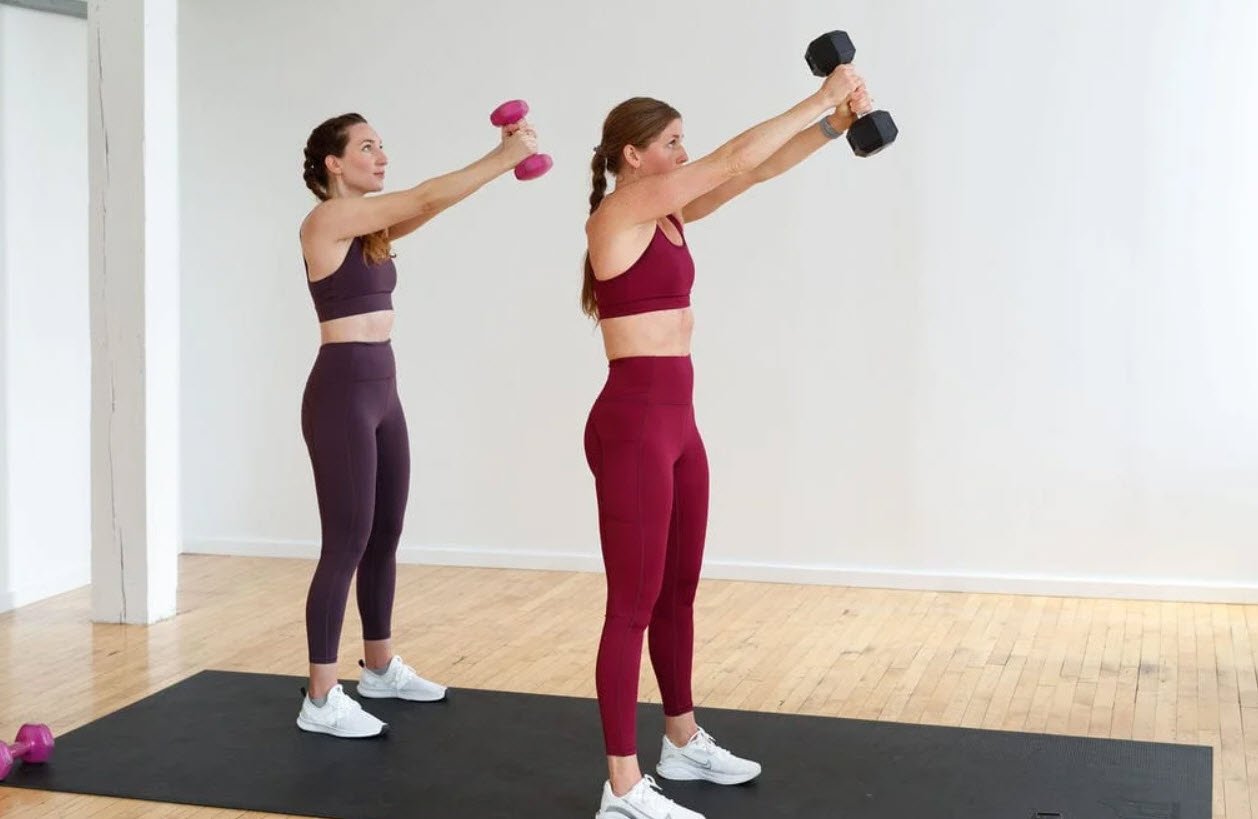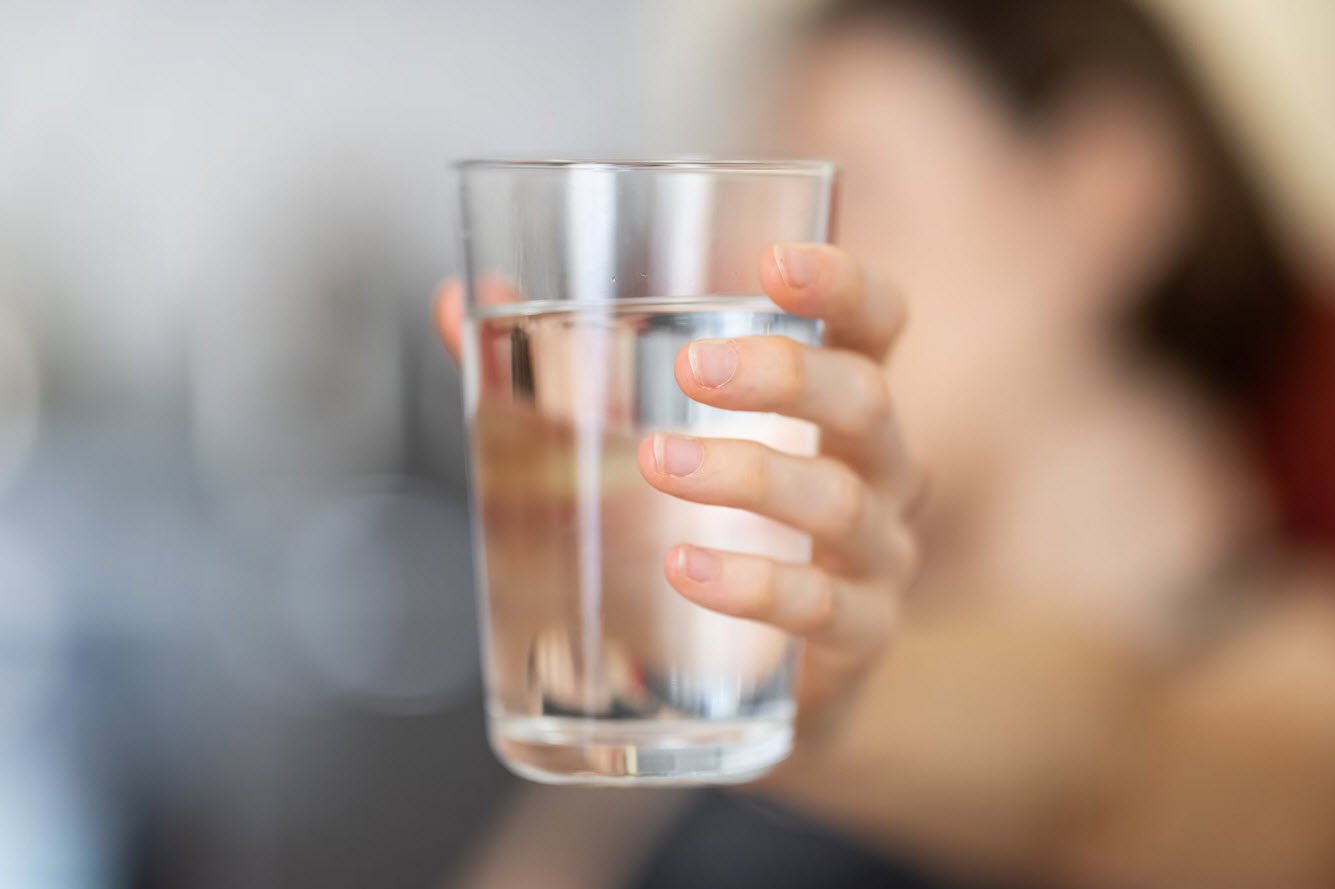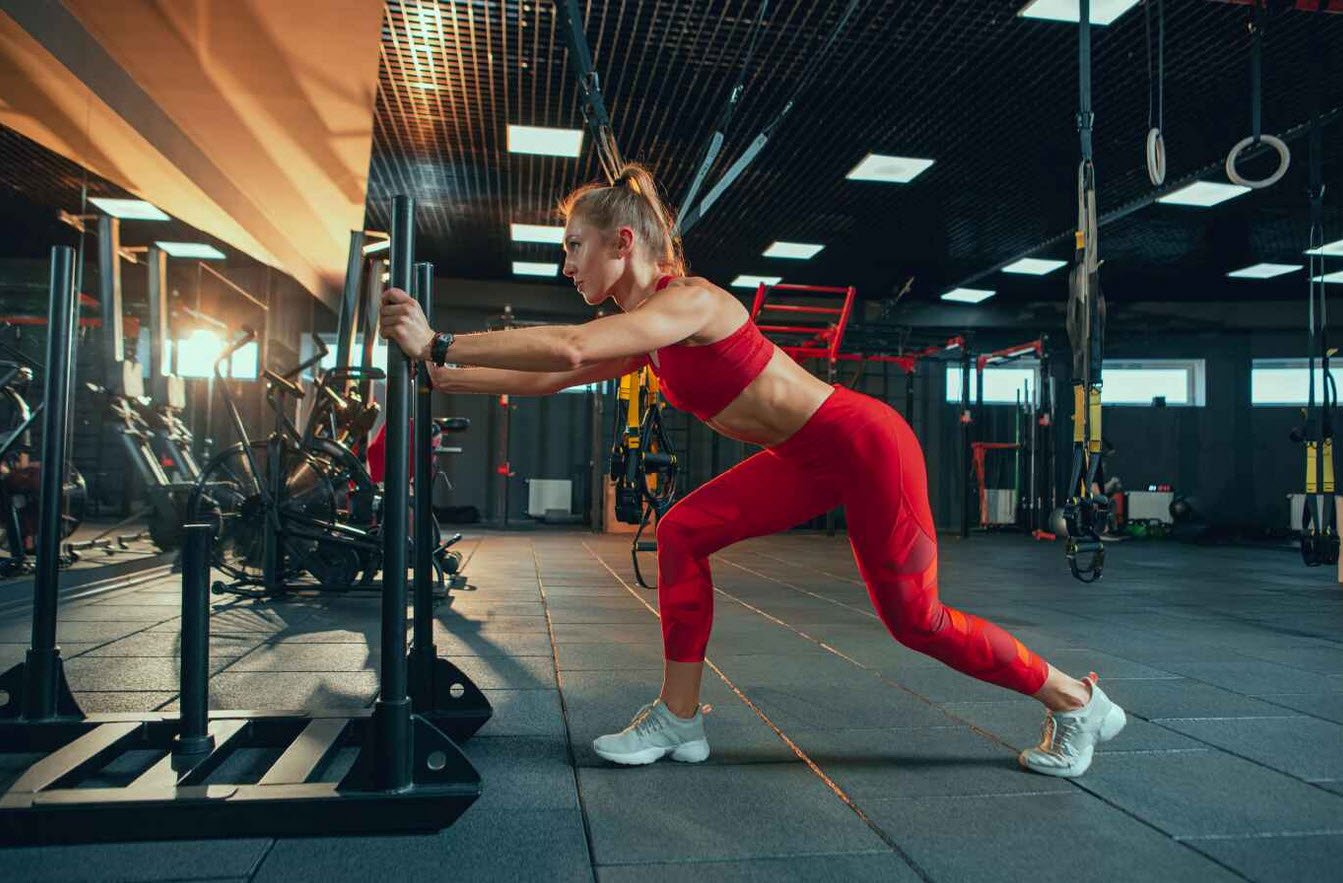
Maintain your health by taking the correct vitamins. But which ones, you might ask, and should I take pills or obtain my nutrients from the food I eat? The greatest thing to do is to maintain a healthy diet. Supplements, on the other hand, can be a useful approach to fill in the gaps when they occur.
Some of the critical vitamins for women are folic acid, iron, vitamin B12, vitamin D, and calcium. They promote a healthy pregnancy, prevent birth defects, aid in menstrual health, keep bones and teeth strong, and avoid anemia. Determine which vitamins are most vital for you by consulting a doctor or a nutritionist.
Also Read: Vitamin D for Vegetarians: Top 11 Foods to Add to Your Plate
The 6 best multivitamins for women are listed here, along with nutritionist advice on what to look for.
- Iron
- B12
- Biotin
- Calcium
- Magnesium
- Vitamin D
1) Iron
Iron is a necessary nutrient for women since it aids in the formation of red blood cells and the transfer of oxygen throughout the body. During menstruation, women lose iron, which can lead to iron deficiency anemia. Iron supplements, as well as a diet high in iron-rich foods like red meat, leafy greens, and fortified cereals, can help avoid this. To find out how much iron you need, talk to your doctor or a dietitian.
2) B12
Vitamin B12 is required for the maintenance of healthy red blood cells and the prevention of anemia. It is especially important for women since it promotes a healthy pregnancy and helps to prevent birth abnormalities. Animal-derived foods containing vitamin B12 include meat, dairy, and eggs. To acquire enough B12, vegetarians and vegans may need to take a supplement or eat fortified foods. Consult a doctor or a nutritionist to determine the right quantity of Vitamin B12.
3) Biotin
Biotin, often known as vitamin B7, is a B-complex vitamin that assists your body in converting food into useful energy. While eating meat, eggs, fish, seeds, nuts, and some vegetables can help you maintain a healthy biotin level, many individuals choose to take a daily supplement.
The term “biotin” is derived from the Greek word “bio to,” which means “food” or “life-giving.” Biotin, as a B vitamin, has several health benefits. It can help keep your neurological system, liver, eyes, hair, and skin healthy.
4) Calcium
Calcium is essential to the human body. It is required for appropriate neuron, cell, muscle, and bone function. If there is insufficient calcium in the blood, the body will draw calcium from the bones, weakening them. Vitamin D aids in the absorption of calcium and phosphorus by the body. Getting enough vitamin D, calcium, and phosphorus is essential for creating and maintaining strong bones.
Dairy items, such as milk, cheese, and yogurt, are excellent calcium sources. Nondairy sources of calcium include leafy green vegetables, almonds, and fortified meals. To establish the proper amount of calcium for a woman’s body, she should speak with a doctor or a nutritionist.
5) Magnesium
Magnesium deficiency is uncommon in healthy people who eat a well-balanced diet, but needs might alter over life. Various physiopathological situations, particularly in women, may raise magnesium requirements, which is beneficial for both illness prevention and therapy. Magnesium is well-known in the field of obstetrics and gynecology. Magnesium use in women has been extended to a wide range of health conditions, from PCOS to premenstrual syndrome, from pregnancy to menopause, and beyond.
It aids in the control of muscle and nerve function, blood sugar levels, and blood pressure. It is also necessary for healthy bones and teeth, as well as for the body to produce energy. Magnesium is found in a variety of foods, including nuts, seeds, leafy green vegetables, and whole grains. Muscle cramps, weariness, and weakness can result from a magnesium shortage.
6) Vitamin D
Vitamin D is a necessary nutrient for women since it aids in the absorption of calcium and the maintenance of strong bones. It also helps with immunological function, muscle health, and inflammation reduction.
Women are more likely to be vitamin D deficient due to decreased exposure to sunlight. A few foods that contain vitamin D include fatty fish, egg yolks, and mushrooms. It can also be obtained through supplements or sunlight. To discover the optimum amount of Vitamin D for you, check with a doctor or a nutritionist.
You may also read:
- Nourishing Passion – Specific Foods to Promote Sexual Health
- The Power of Compound Exercises – 5 Essential Moves for Full-Body Strength
- 11 Powerful Poses to Help You Shed Pounds
- Cold Water vs. Hot Water – A Comparison of Health Benefits
- The 6-Day Total Body Workout Routine
- Essential Post-Workout Stretches for a Better Recovery
- Yoga Mudras and Their Positive Effects on Health
- 6 Quick Morning Workouts You Can Do at Home
- Breathing Exercises To Increase Oxygen Levels And Fight Stress
- 5 Yoga Poses For Better Bone Health








